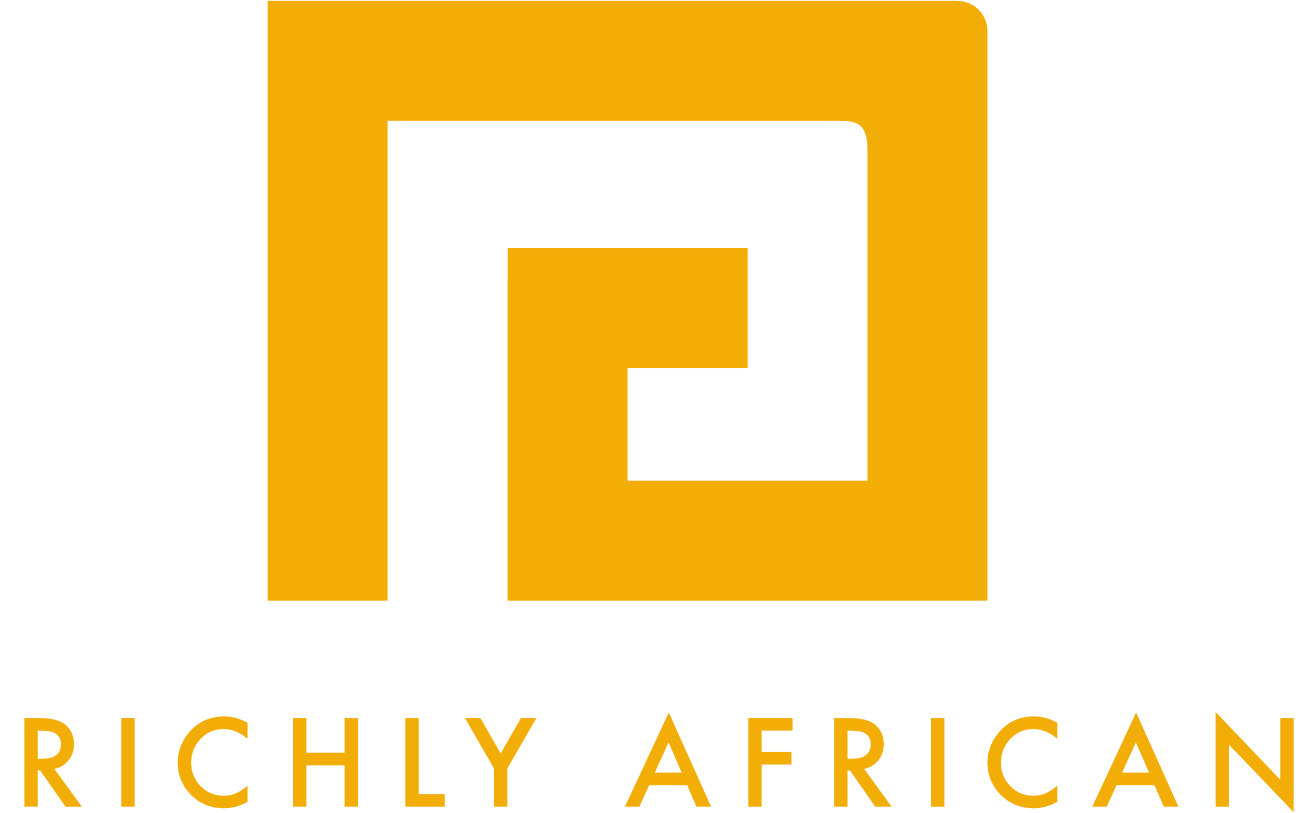In Africa today, dreams are no longer waiting for bank approvals. From the bustling tech hubs of Lagos to the creative fashion streets of Nairobi, African entrepreneurs are rewriting the rules of business financing and yes,many are doing it without ever stepping foot in a bank for a loan.
If you’ve ever wondered how to fund your idea when the bank says no or when you ask for collateral that feels like a ransom, you’ll love these five real and proven ways African entrepreneurs are funding their dreams without bank funds. We’re not just talking theory, we’ll explore authentic examples, case studies, and strategies you can use today.
1. Crowdfunding
Crowdfunding isn’t new globally, but African entrepreneurs are giving it their own flavor. It has become the market square where you shout your dream, and the community rallies to support you.
Platforms like Kickstarter and Africa-focused Thundafund make it possible to raise money from hundreds (or even thousands) of backers who believe in your project.
Want to know the secret of crowdfunding? Tell your story well. People don’t fund a startup, they fund people and missions. That’s why campaigns with personal videos, behind-the-scenes updates, and transparent budgets often smash their targets.
2. Angel Investors
Angel investors are individuals willing to take risks on early-stage businesses. They are also wealthy individuals willing to take a risk on an idea they believe in. They often provide more than just money, they bring mentorship, connections, and credibility.
Take Temie Giwa-Tubosun, founder of LifeBank, a Nigerian health logistics company. Before securing institutional investment, she received early funding from local angel investors who believed in her vision to save lives by delivering blood to hospitals.
Platforms like the African Business Angels Network (ABAN) help connect entrepreneurs with such investors across the continent.
Angel investors don’t just fund ideas, they fund people, build trust by showing traction, even if it’s small.
3. Business Competitions and Pitch Events
Across Africa, pitch competitions have become a goldmine for startups. Aside from cash prizes, winners often receive free training, publicity, and access to investor networks.
Take Ugandan entrepreneur Joan Nalubega, founder of Uganics, a social enterprise producing mosquito-repellent soap for example. She won multiple awards including the Anzisha Prize for young African entrepreneurs. Those wins didn’t just bring in cash, they brought global attention, partnerships, and sales leads.
Many competitions are free to enter and open to entrepreneurs across Africa. The African Union’s Innovating Education in Africa Expo and the Hult Prize Africa Summit are great starting points.
4. Community Savings & Rotating Credit Schemes
If you grew up in Africa, you might have heard of ajo (Nigeria), stokvel (South Africa), or chama (Kenya). These are community savings groups where members contribute a set amount each month, and one person takes the lump sum in rotation.
These aren’t just for buying groceries or paying school fees. Many entrepreneurs are now using their turn in the rotation to launch or expand a business.
Now, fintech platforms like Esusu Africa are digitizing this tradition, making it easier to track contributions and withdrawals while keeping the spirit of communal trust alive.
5. Pre-Orders
Pre-order is the strategy of selling a product or service before it is fully developed or ready for delivery. It’s like using customer payments to fund the creation, production, or delivery of that product. So, instead of investing huge sums upfront, entrepreneurs validate demand, secure buyers, and generate working capital before spending on full-scale operations. Think of it as getting paid to start.
Bank loans are difficult to access, so pre-orders turn customers into financiers. It’s also a quick way to see if people actually want the product before over-investing.
E-commerce platforms like Paystack Storefront and Flutterwave Store make it easier to set up pre-orders and receive payments online.
CONCLUSION
The foundation of African funding is changing fast. While traditional banks still have their place, the continent’s most exciting entrepreneurial stories often start outside those glass doors.
From crowdfunding to community savings, from angel investors to pre ordering, there’s a wealth of options, literally.
So if the bank says no, smile, thank them, and remember, you’re in Africa. We always find another way.

